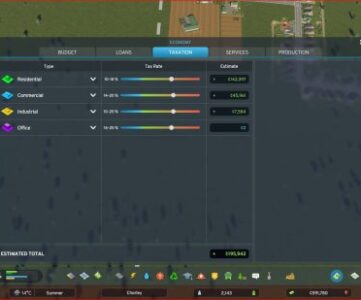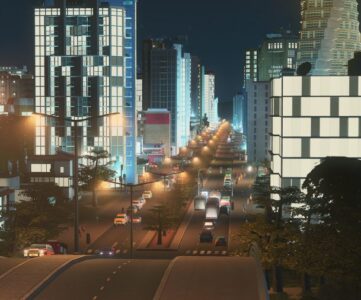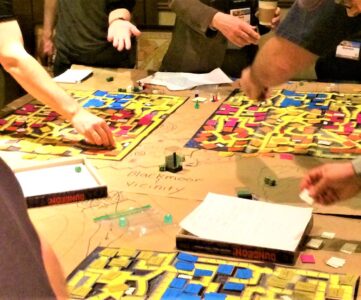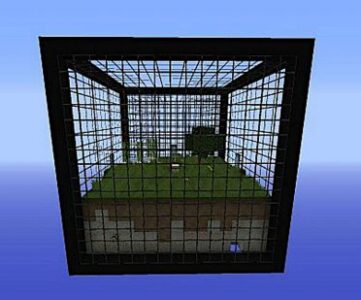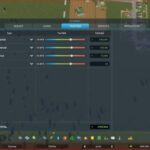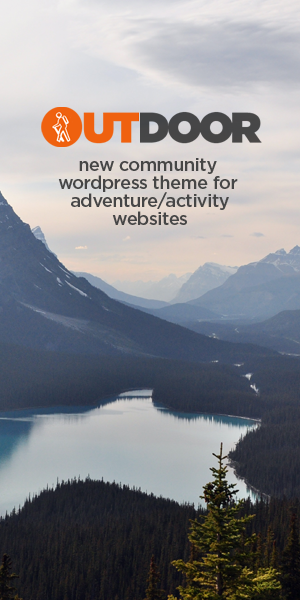[ad_1]
What are the best Cities Skylines 2 maps? Few things are scarier than a blank page, or in this case, an open expanse. The potential can be crippling and can leave the best of us in ruins. You want to create the ultimate city, with a happy populace and a healthy economy, but how do you plan without first knowing how much room you have to work with?
As we’ve explained in our Cities Skylines 2 review, we spent quite some time pontificating just what kind of city we will create. If you’re like us, it’s more of a ‘whatever works’ approach – this fire station here, that toxic waste dump there, no problem. But for others, the management game is a chance to craft something beautiful. With that comes careful planning, and utilizing the space you’re afforded efficiently. So, what are the best Cities Skylines 2 maps?
The best Cities Skylines 2 maps
The best Cities Skylines 2 maps are:
- Barrier Island – This map features a series of long islands that run parallel to the mainland and are separated by a huge bay. The islands are flat, which allows for easy building, and the highway and train tracks run to the mainland. Due to the flat nature of the islands, building an airport will also be a breeze. This is an ideal map for beginners, as everything you could need is here.
- Great Highlands – Drawing inspiration from the Highlands of Scotland, this map features mountain ranges and long, deep lakes reminiscent of Scotland’s lochs. Highways and train tracks run between the mountains, but along the coast, you can also find some islands and cliffs. This is a decent alternative if you’re starting.
- Windy Fjords – This fjord coast formation map has long, narrow inlets surrounded by huge cliffs. The bays that form at the sea edge allow for sea access, and the buildable area between the mountains is perfect for your new city. While the buildable area doesn’t give you a lot of room to play with, you do at least have all possible connections and resources available.
- Mountain Village – This is by far the most visually stunning map in the game. It takes its inspiration from the Alps mountains and includes rivers that flow across the entire map. A valley is a great place to start your city, though it’s not for beginners.
- Lakeland – Inspired by Finland, this map is, unsurprisingly, filled with lakes and forests. There are flat areas with scenic rolling hills, which provide a good foundation for a city. This has a huge buildable area and contains all resources, but it has no sea connection available.
- Waterway Pass – These mountain ranges create huge borders, and the meandering river splits the playable area in two. Fear not though, as the train tracks and highways make access easy. It has a huge buildable area, though the coast is not part of the purchasable land, which is incredibly strange.
- Archipelago Haven – This map is based on a small cluster of islands and is surrounded by water on all sides. There are atolls, lagoons, peninsulas, and cays. You can easily access outside connections via Cities Skylines 2 highways, train tracks, ships, and air.
- River Delta – A long, curved river flows through this map before reaching the sea. Use the delta at the end of the river to your advantage for great seaway transportation. It’s a challenging map due to how much water there is in the surrounding area.
- Sweeping Plains – Inspired by New Zealand, this map gives huge flat areas primed for development. The wide coastline means sea transportation is available, and the mountains are a stunning inclusion. The uneven terrain might be a bit tricky to handle for beginners, though.
- Twin Mountain – More mountains! This time, inspired by Iceland’s coastline, the two mountains also feature a small river running into the ocean. The hidden beaches provide an unsuspecting route into the sea, and shipping possibilities are endless here. Just note that there’s no rail connection possible.
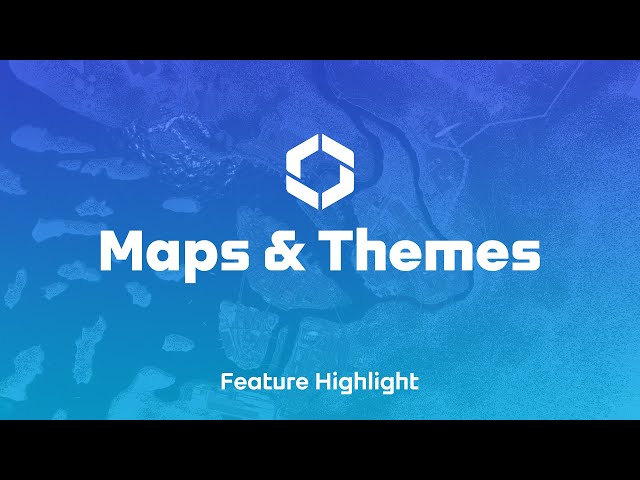
Cities Skylines 2 map size
The Cities Skylines 2 map is 159 kilometers squared. The 441 map tiles are also one-third smaller than the original game, giving players much more creative freedom – and space – to work with.
We now know that there are 441 buildable Cities Skylines tiles, making it five times bigger than its predecessor. The map size was originally touted to be 172 kilometers squared, but this was quickly corrected and blamed on a typo. Either way, this area is huge and should give budding city planners more than enough room to show off.
Speaking of room to show off, height limits have also been extended for Cities Skylines 2, so while we’re looking at the horizontal perimeters being five times larger this time around, there’s even more space to play with as you extend vertically, allowing you to create incredible mountain ranges, vast skyscrapers, and so much more.
Cities Skylines 2 tiles
To start with, you are limited to just nine tiles to work with as you get used to the Cities Skylines 2 mechanics. As you progress, unlock more and more tiles to expand on your city and fill up your entire Cities Skylines 2 map. Map tiles do not need to be connected, so you could create small, isolated towns, but purchase the map tiles to the edge of the main map and create connections there.
The 441 map tiles are one-third smaller than they were in Cities Skylines, which gives more creative freedom and flexibility than ever before. To unlock map tiles, you’ll need to buy expansion permits, which are unlocked by reaching specific milestones. These will vary based on your play style. The map tile UI will give you a top-down view of your city, and selecting a particular map tile will tell you the buildable area, resources, and price.
Now you know what the best Cities Skylines 2 maps are, it’s time to put pen to paper, test out those new designs you have, and study up on the new Cities Skylines 2 traffic system, how Cities Skylines 2 mods work, and all of the Cities Skylines 2 DLC we can expect to see. We have the Cities Skylines 2 system requirements here, so you don’t get caught short – you can’t build a utopia if your PC is on fire.
[ad_1]


